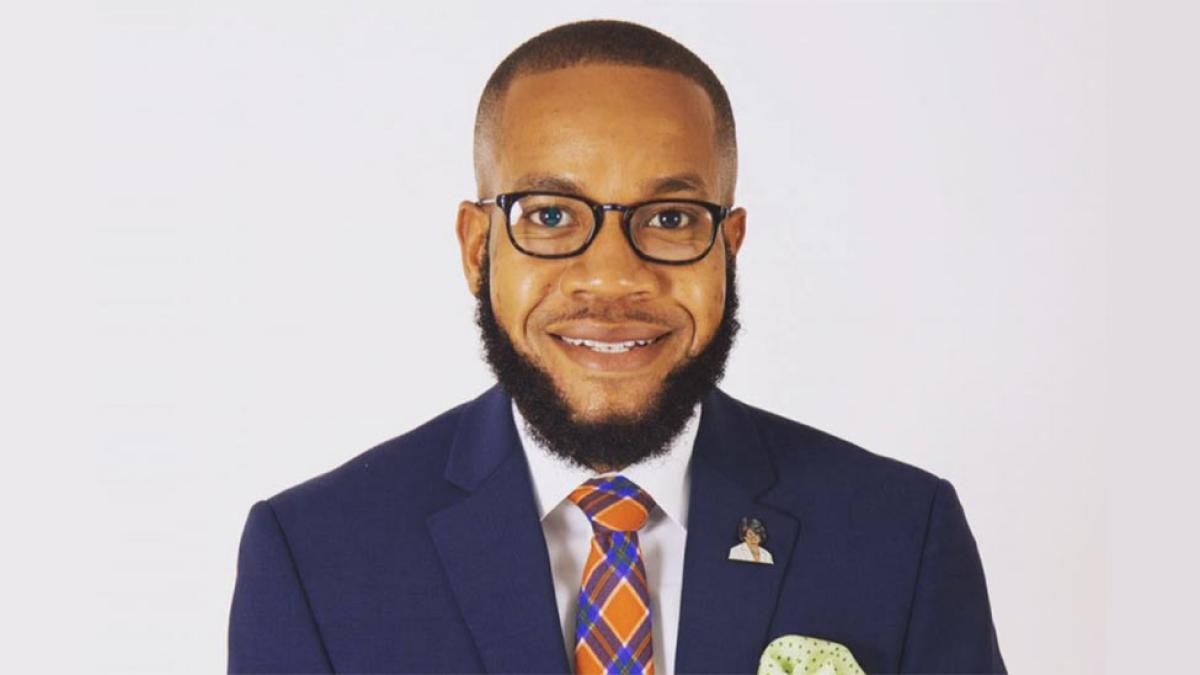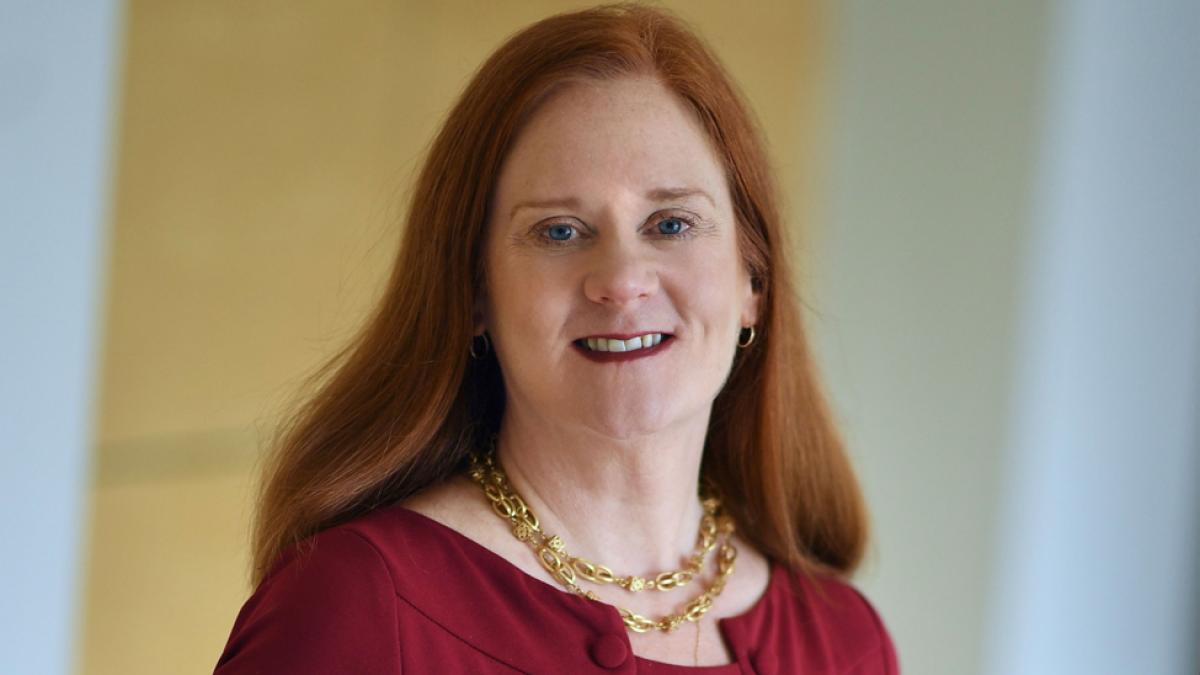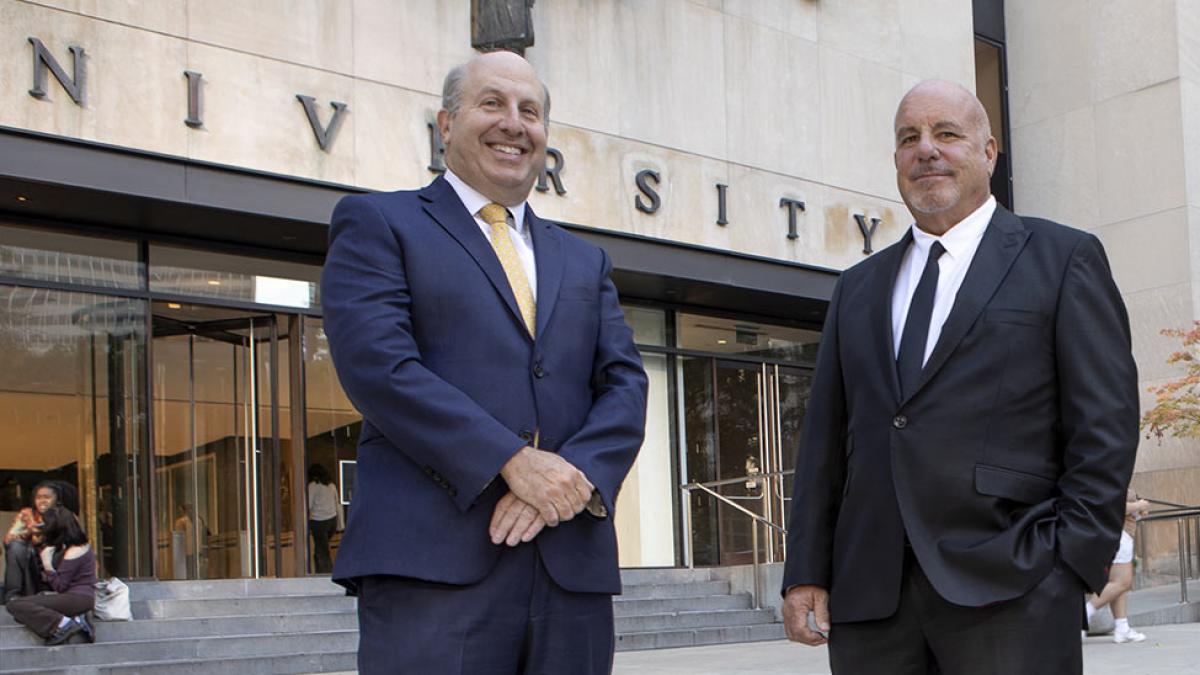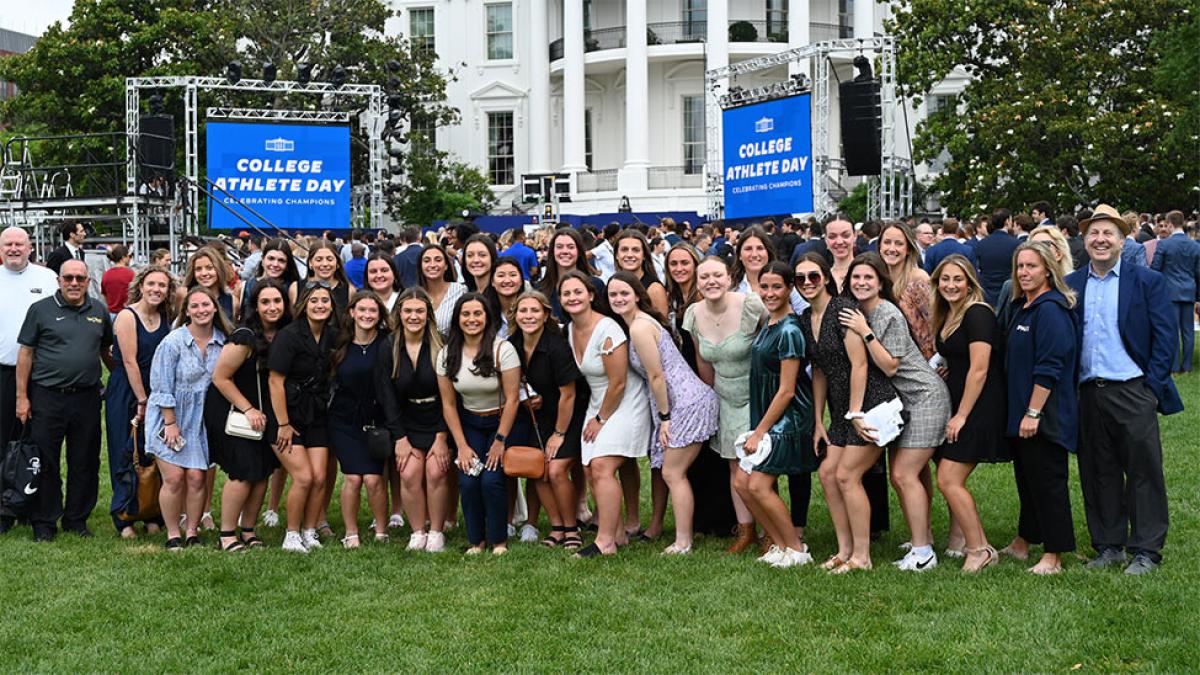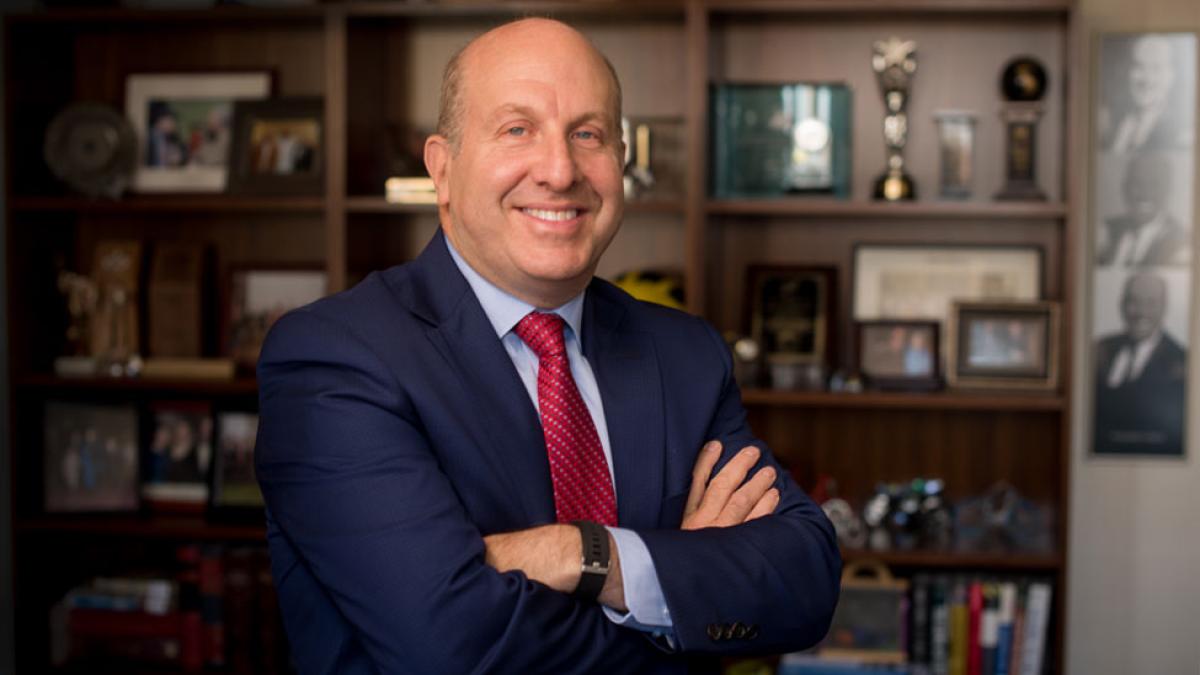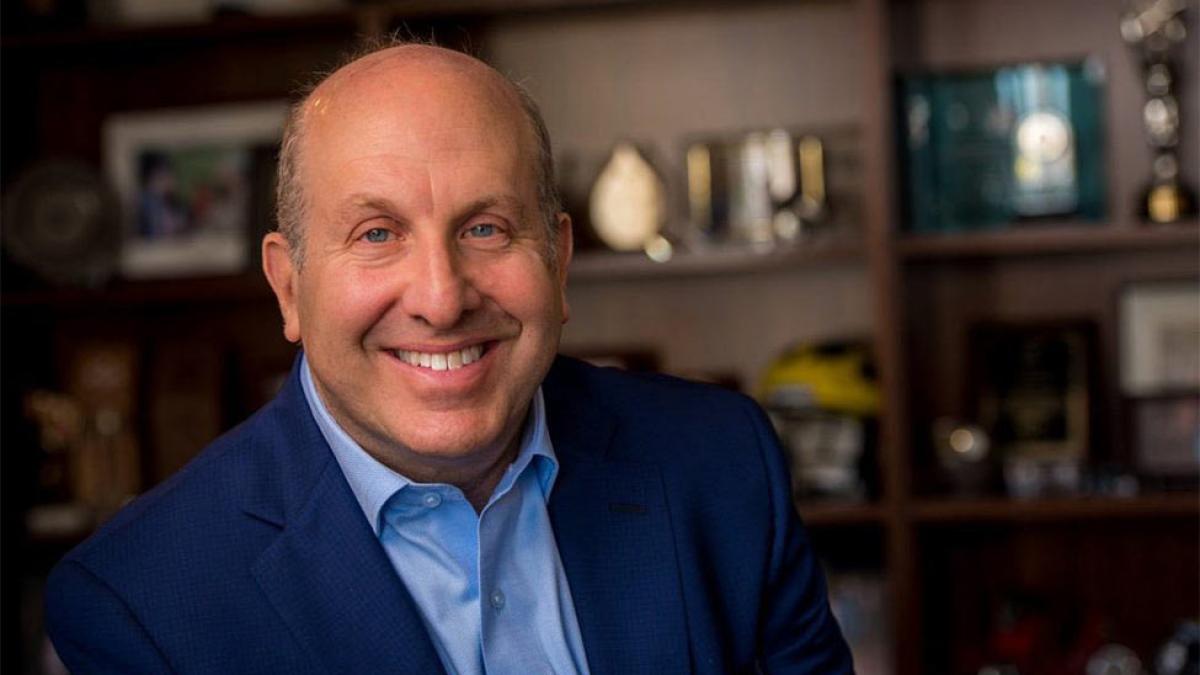Pace University News
Pace Now
Pace News
Latest News
“America’s two great exports are Hollywood and higher education.” That’s what a French friend told me when I visited him recently in Paris. After the end of the academic year is the time when college faculty and presidents can stretch their legs, and I recently spent some time in Europe, attending a conference in Greece, a reunion in England, and seeing friends in both England and France. And everywhere I went, I heard uniform praise for America’s colleges and universities.
Dive into this captivating summer issue of Pace Magazine and embark on a journey through Pace University's rich history and promising future. Peek into Pace’s historical archives, get thrilled about the exciting transformations at One Pace Plaza and the innovative 15 Beekman facilities, cheer for our women's lacrosse champions, and explore diverse perspectives on mental health in college.
Pace University President Marvin Krislov pens an op-ed in Fortune about the U.S. Supreme Court ending the use of affirmative action in college admissions.
Not long ago, I joined 30 accomplished young women to go to the White House.
They weren’t political science students embarking on internships or aspiring journalists preparing to grill world leaders. Rather, they were the members of the Pace Setters women’s lacrosse team — newly crowned as the NCAA Division II champs, our first-ever national championship squad — and they were in Washington for College Athlete Day. While the White House has long invited winners in the big-deal Division I sports for a visit — your Michigan football teams, your Duke basketball squads — this was the first time teams from all three NCAA divisions were included.
President Krislov writes in Forbes that older Americans who are living longer are a market for colleges:
Americans are living longer, and better, than ever before. Thanks to improved healthcare, longer lifespans, and other demographic and sociological changes, we can expect to remain active and engaged well into our retirement years—and it’s a trend that is only growing. Already there are about 55 million Americans over 65 (PDF), up from 35 million at the turn of the 21st century. And by 2040, nearly half the U.S. population will be 40 or older. Some 20 percent, almost 80 million people, will be over 65.
“At Pace University, we know that New York City is a vital extension of our campus, and we recognize the incredible value that community spaces provide,” said Marvin Krislov, president, Pace University. “This commitment by Mayor Adams to grow and invest in our downtown public space will be a boon to the Pace community, our neighbors, and the entire city. We’re proud to have been a part of this project and are excited to continue that work. I want to thank Mayor Adams, Governor Hochul, and the amazing community leaders like Rosa Chang who made this possible.”
Roughly 3 million students across the country will earn college degrees this spring. Just under another million will complete master’s degrees. At Pace University, where I’m president, we’re awarding about 3,700 associate, bachelor’s, master’s, and doctoral degrees, and on Monday we put on a truly wonderful series of commencement ceremonies celebrating our Class of 2023 at the USTA Billie Jean King National Tennis Center in Queens, the home of the U.S. Open.
"We’re down to the final stretch of the academic year at Pace University, and it’s turning out to be a really big finish," writes President Krislov in his May message to the community as he discusses Commencement, the Sands School of Performing Arts, and more.
Late last month, about 150 different employers sent recruiters and staffed tables at the biggest job fair in Pace University’s history.
There were a lot of reasons for the enormous turnout. Part of it is simple supply and demand. Even as our economy begins to slow, there are far more job openings than available workers, and employers are desperate to hire. Part of it is an eagerness to once again connect in person. This was the first major job fair in more than three years at Pace, since before the onset of the pandemic. And part of it is because of the educational model we embrace here. We combine world-class academics with hands-on, experiential learning that’s focused on producing graduates ready to hit the ground running in their careers—which makes our graduates very attractive to employers.
"At Pace University, we’re not hidden away in an ivory tower," writes President Krislov in his April message to the community. "In fact, one of my favorite things about this University is how much we engage with the world around us."




